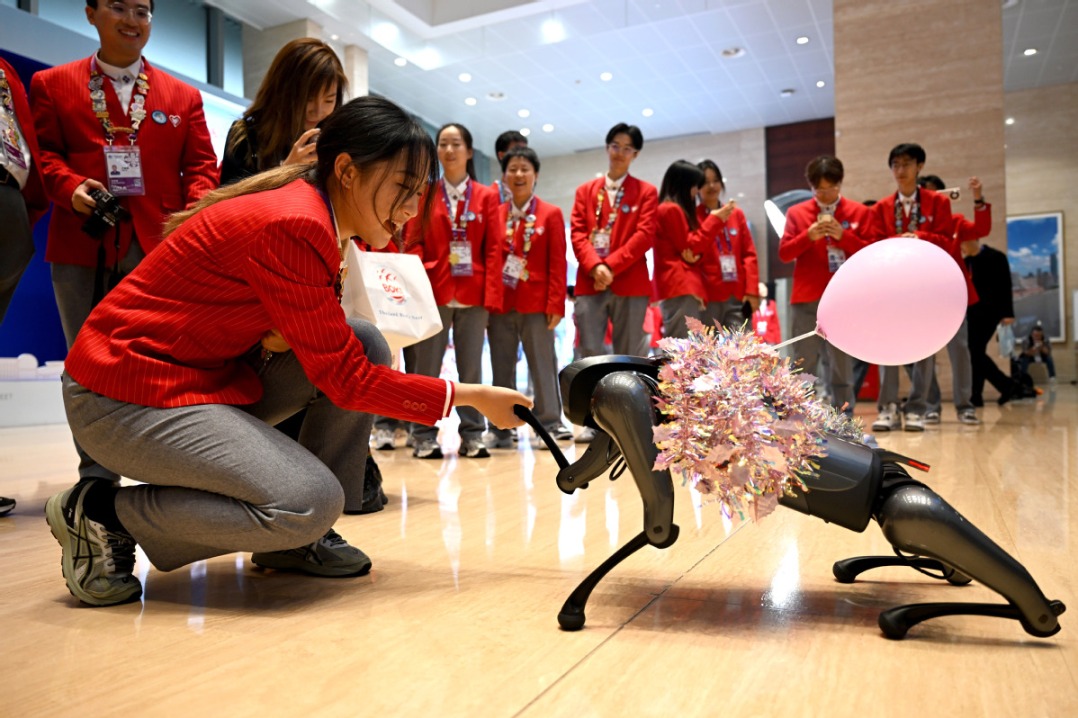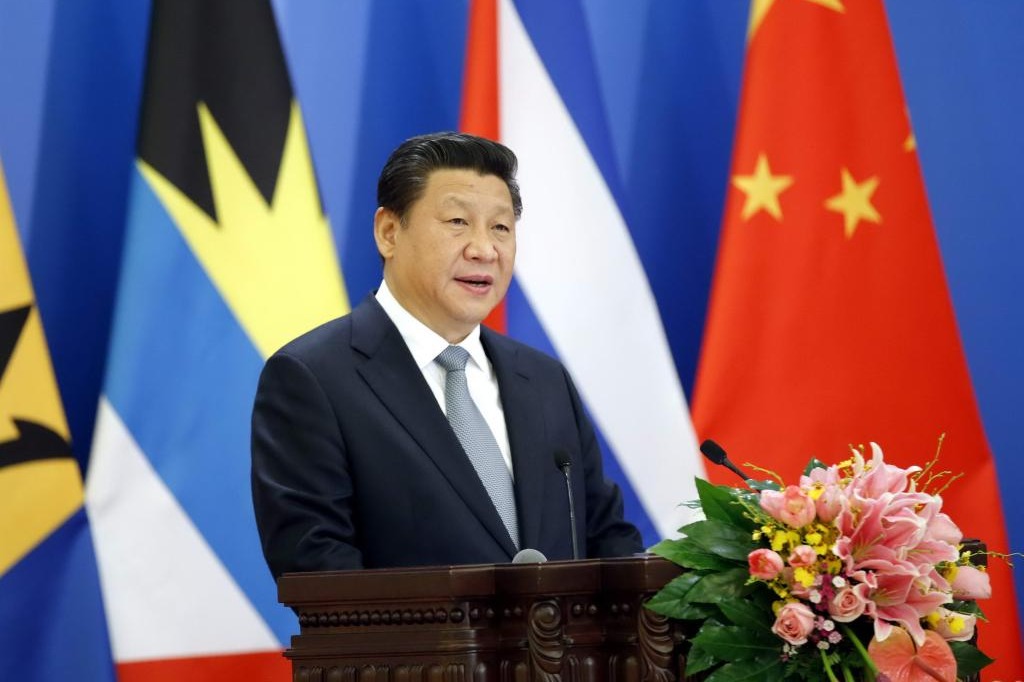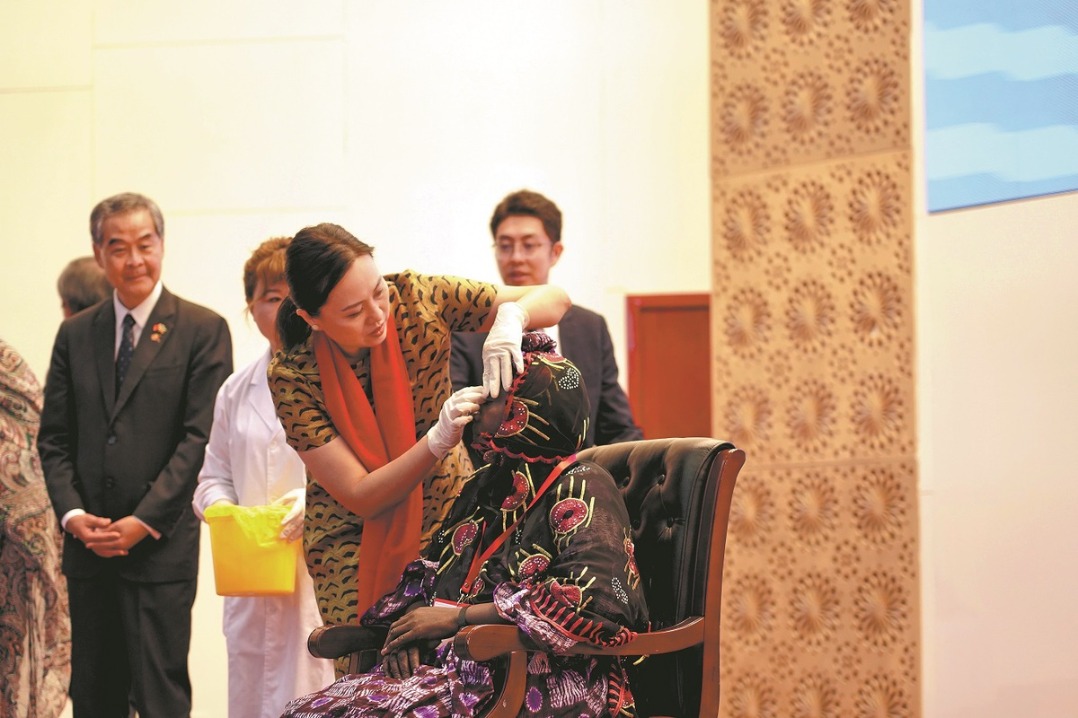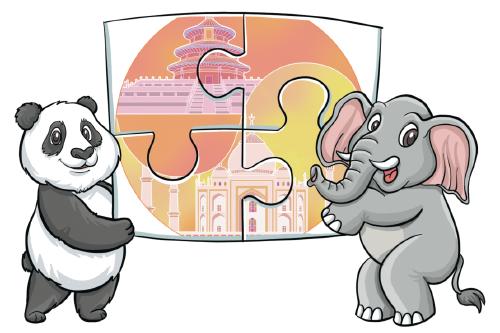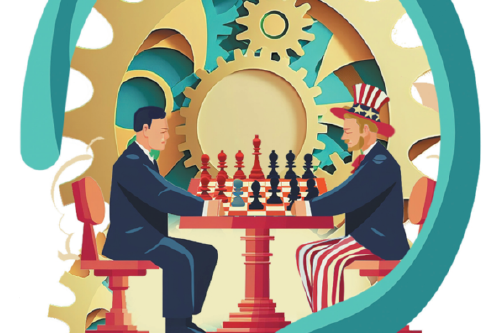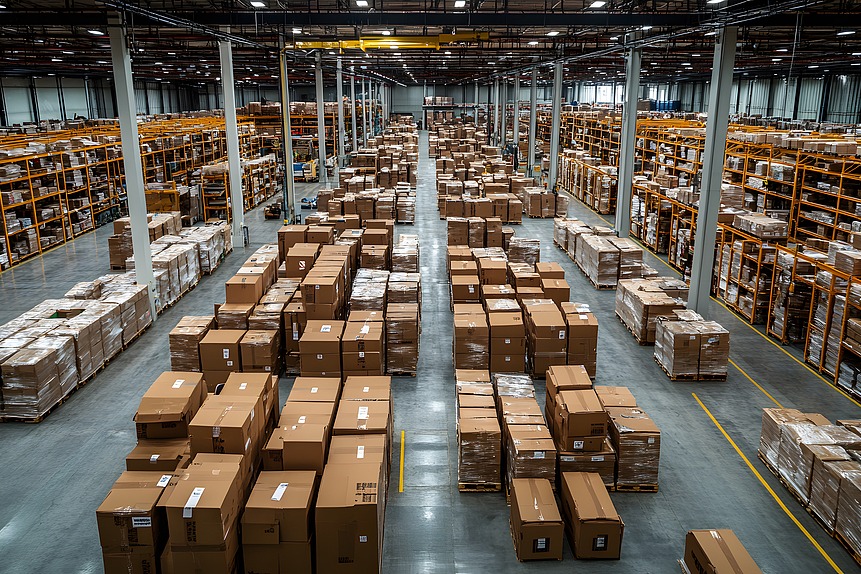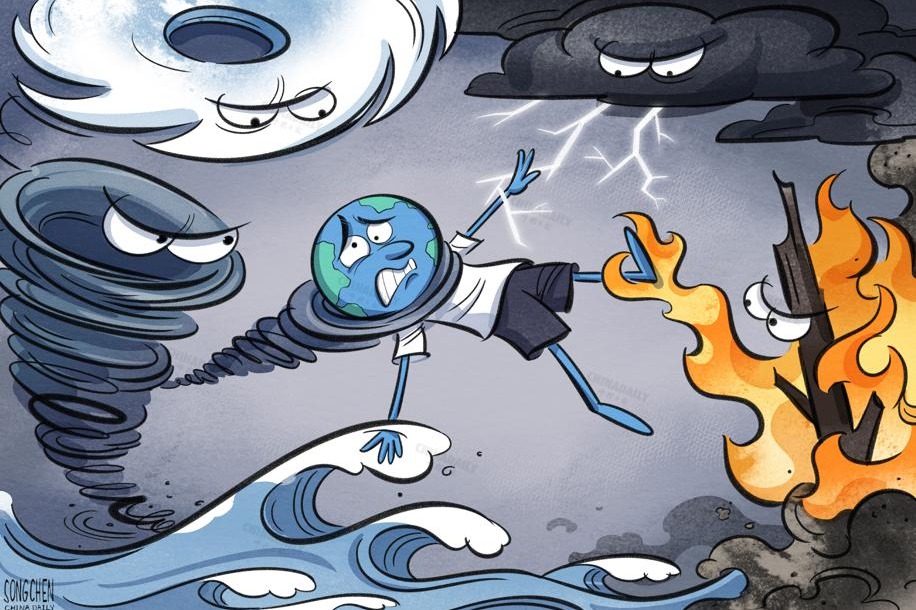China makes peace while US and NATO make wars


The resumption of diplomatic ties between Iran and Saudi Arabia announced in Beijing on March 10 is a great piece of news for the two countries, the Middle East and the whole world. It shows that countries which view each other as archrival can co-exist in peace and cooperate if they choose reconciliation and diplomacy over confrontation.
Like most Chinese, I am proud of the role played by China in the rapprochement between Saudi Arabia and Iran. It is a testimony to China's commitment to peace despite incessant fearmongering against the country by the United States.
People in the Middle East yearn for peace as they are haunted by endless conflicts. The US-led war in Iraq, NATO's bombing and regime change in Libya, and the ongoing illegal occupation of some parts of northeast Syria by US troops are some of the bitter truths people in the Middle East have been living with.
The diplomatic breakthrough between Teheran and Riyadh came less than two weeks after Beijing announced a 12-point position paper to help end the yearlong Russia-Ukraine conflict. The paper was released at a time when the US, NATO and most European Union countries have given up diplomatic efforts to help end the conflict. Instead, some of them have been trying to keep the conflict alive by supplying weapons to Ukraine.
Most people know that there is no military solution to the conflict. And if left unchecked, the conflict may soon escalate into a wider war. There is no doubt that countries which maintain good relations with both Russia and Ukraine can play bigger roles in promoting peace between the two countries.
China could broker peace between Teheran and Riyadh exactly because it has not taken sides in their disputes.
For China, maintaining good relations with both Russia and Ukraine is the right thing to do. In contrast, countries which have taken sides in the Russia-Ukraine conflict, such as the US and most NATO member states, are not even qualified to mediate for the simple reason that they won't be accepted by Russia.
In fact, Ukrainian President Volodymyr Zelensky has responded more positively to China's position paper than European Commission President Ursula von der Leyen.
While the EU's indifference to China's position paper is disappointing, the statement by European External Action Service on the Iran-Saudi Arabia rapprochement reflects its narrow-mindedness, as it doesn't mention the role China played in the development. It is in stark contrast to the praise UN Secretary General Antonio Guterres has showered on China.
The EU's indifference is shocking but not surprising given that praising China on anything these days has become politically incorrect in Europe, just like in McCarthyist US. The EU, however, will benefit much if the Russia-Ukraine conflict ends and lasting peace is restored in the Middle East, which is a source of the migration crisis in Europe.
While China is going all out to broker peace between warring countries in different parts of the world, the US, the United Kingdom and Australia, in a major provocation to China, unveiled a plan under the trilateral AUKUS pact on Monday to supply Australia with nuclear-powered submarines.
The US has benefited enormously from the Ukraine crisis and by stoking tensions in East Asia as evidenced in the 40 percent share of the region in global arms exports during 2018-22, compared with 33 percent during 2013-17. AUKUS is just another good business for the US military-industrial complex.
But such efforts to trigger a new arms race are a bad omen for the human race which must stop immediately.
The author is chief of China Daily EU Bureau based in Brussels.
chenweihua@chinadaily.com.cn

















